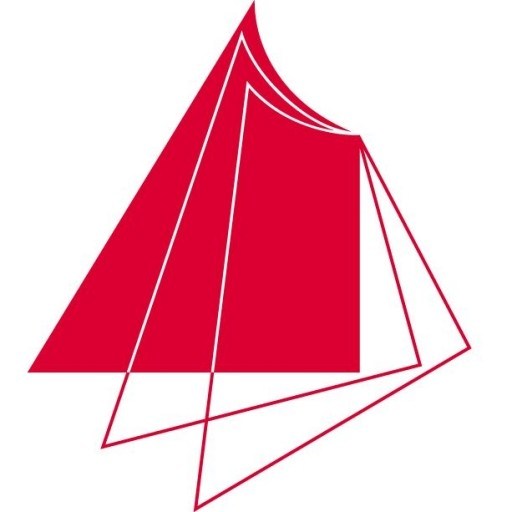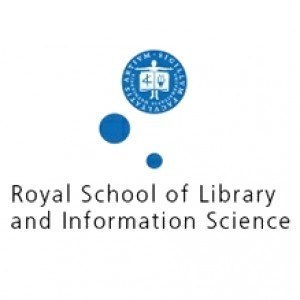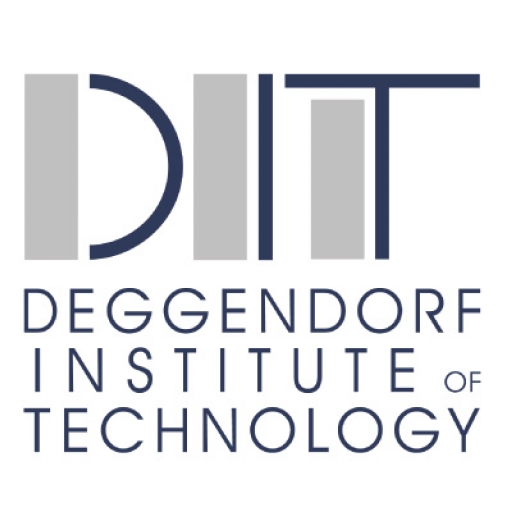Photos of university / #ucl
The MSc in Library and Information Studies at UCL Qatar is a comprehensive program designed to equip students with the skills and knowledge necessary to succeed in the dynamic field of information management. This rigorous course offers a blend of theoretical foundations and practical applications, preparing graduates for diverse career opportunities within libraries, archives, museums, and digital information environments. The curriculum covers core topics such as information organization, digital curation, data management, user-centered services, and information policy. Students gain hands-on experience through workshops, projects, and collaborations with industry partners, enabling them to develop essential competencies in information retrieval, metadata standards, and emerging technologies. Emphasizing research-driven teaching, the program also encourages students to engage in innovation and critical analysis of current challenges faced by information professionals globally. The program is suitable for recent graduates seeking to establish a career in information sciences, as well as experienced professionals aiming to deepen their expertise or transition into new specializations. With a multicultural academic environment and dedicated faculty members who are leaders in the field, UCL Qatar’s Library and Information Studies program offers an unique opportunity to advance knowledge and practice in a rapidly evolving sector. Graduates will be well-prepared to contribute to institutions that manage information and knowledge resources effectively, ensuring access, preservation, and innovative dissemination of information in a digital age.
The programme provides students with an awareness of current issues and trends in library and information work. It fosters understanding of the processes by which information is produced, disseminated, controlled and recorded, and equips students with practical skills for the identification, location, management and organisation of information.
Students undertake modules to the value of 180 credits. The programme consists of six core modules (90 credits), two optional modules (30 credits), and a dissertation (60 credits).
The programme consists of six core modules (90 credits), two optional modules (30 credits), and a dissertation (60 credits).
A Postgraduate Diploma (120 credits, full-time nine months) is also offered. Students complete all modules except the dissertation.
Core modules
- Knowledge Organisation and Access
- Collection Management
- Information Sources and Retrieval
- Introduction to Management
- Principles of Computing and Information Technology
- Professional Awareness
- Dissertation
Optional modules
- The Book in the World
- Digital Resources in the Humanities
- Information Literacy
- Interdisciplinary Methods for the Study of Cultural Heritage
- Introduction to Archives and Preservation
- Islamic Manuscripts
- Library Systems and Data Management
- Services to Children and Young People
Dissertation/report
All students undertake an independent research project which culminates in a dissertation of 12,000 words.
Teaching and learning
The programme is delivered through a combination of lectures, private reading, seminars, practical classes, small group work, group project work, computer laboratory sessions, essay writing, and independent research. Except for short courses, all programmes are delivered in afternoon sessions. Students can access and use the virtual learning environment (Moodle) at UCL, which provides the opportunity to benefit from the expertise of UCL staff both in London and Qatar. Intensive short courses will also be delivered by visiting staff from UCL Information Studies (London). Assessment takes a variety of forms including: essays, portfolios, prepared practical work, individual and group project work, report writing, policy writing, presentations, peer assessment and the dissertation. There is also a written examination, attached to the professional awareness module, and accounting for 50% of the marks.
A second-class Bachelor’s degree in an appropriate subject from a UK university or an international qualification of an equivalent standard.
Students should normally have a minimum of one year’s experience in a relevant field, but those who do not will be able to acquire relevant experience in a range of other ways.
The Master of Library and Information Studies (MLIS) program at UCL Qatar offers a range of financing options to support students throughout their studies. Tuition fees for international students are set annually and are comparable with other postgraduate programs at UCL. Scholarships and fee waivers are available based on merit, financial need, and specific eligibility criteria. Prospective students are encouraged to explore funding opportunities early, as application deadlines for scholarships often precede admission deadlines. UCL Qatar also provides information on external funding sources, including government bursaries, international organization grants, and private scholarships relevant to students from various countries. Additionally, students may consider external loans or sponsorships from their home institutions or governments, especially for those sponsored by their employer or government agencies. Some students choose to seek part-time employment on or off-campus to offset living expenses, although work restrictions may apply depending on visa status. Cost of living varies depending on the student's accommodation choices, lifestyle, and location, with Doha providing a range of housing options from university-affiliated accommodations to private rental apartments. The university's financial aid office provides detailed guidance on budgeting and cash flow management, ensuring students are informed about the total cost of attendance, including tuition, living expenses, books, and materials. International students are advised to plan their finances well in advance, to ensure all costs are covered for the duration of their studies. It is also recommended that students remain aware of currency exchange rates and potential fluctuations that could affect their overall budget. UCL Qatar is committed to making graduate education accessible and works closely with students to identify the most suitable financial support options available.
The Master of Arts in Library and Information Studies offered by UCL Qatar is a comprehensive postgraduate program designed to equip students with the advanced skills and knowledge required to excel in the fields of library, archive, and information management. The program is rooted in the broader context of information science and emphasizes the development of practical competencies alongside theoretical understanding. Students are exposed to a diverse curriculum that covers areas such as information organization, digital curation, archiving, knowledge management, library technologies, and information policy. The program aims to prepare graduates for careers in various sectors including academic, public, and special libraries, as well as archives and information agencies.
UCL Qatar's curriculum is structured to foster critical thinking, analytical skills, and innovative approaches to information challenges in the digital age. Students have opportunities to undertake practical internships and projects with partner institutions, providing real-world experience that bridges academic concepts with professional practice. The program also emphasizes cultural awareness and contextual understanding, particularly given its location in Qatar, offering students unique insights into Middle Eastern information management and library sciences.
Faculty members are leading experts in their fields, bringing a wealth of research and professional experience. The program often features seminars, workshops, and guest lectures by industry professionals, fostering a dynamic learning environment. Graduates of this program are well-positioned to contribute significantly to the development of information services, digital libraries, and cultural heritage institutions within Qatar, the Middle East, and globally. Many alumni engage in research, policy development, and management roles, supporting the advancement of library and information science as a discipline. The program adheres to high academic standards, and its degree is recognized internationally, opening doors to numerous career opportunities in the information sector.










